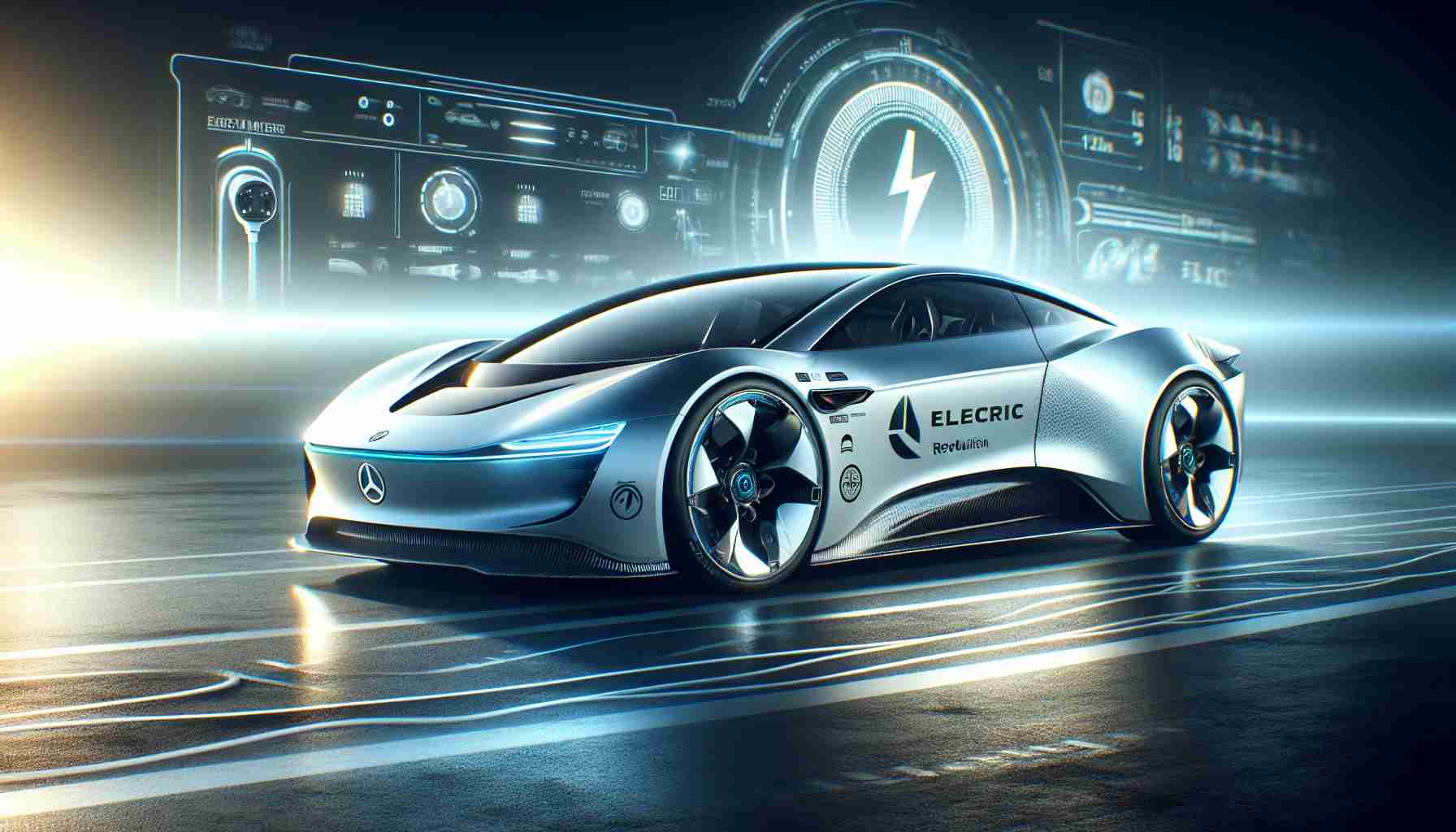- Toyota’s revenues reached ¥12.391 trillion ($80.95 billion) in the third quarter, a 2.9% increase.
- The company’s net profit soared 62% year-over-year, hitting ¥2.193 trillion ($14.21 billion).
- Aiming for ¥4.7 trillion ($31 billion) profit forecast in fiscal year 2025.
- Establishing a Lexus EV unit in Shanghai with a goal to produce 100,000 vehicles annually by 2027.
- Announced a $14 billion battery plant in North Carolina, creating 5,000 jobs and enhancing local EV production.
- Toyota is well-positioned to capitalize on the growing demand for electric vehicles globally.
Toyota is on the fast track to an electrifying future, and its stock is soaring as a result! The automotive titan recently reported a fiscal third-quarter revenue of ¥12.391 trillion ($80.95 billion), marking a 2.9% increase despite a slight dip in vehicle sales. Miraculously, the company’s net profit ballooned by 62% year-over-year, reaching a staggering ¥2.193 trillion ($14.21 billion), far exceeding expectations.
But that’s just the beginning! With an optimistic forecast predicting a profit of ¥4.7 trillion ($31 billion) for fiscal year 2025, investor excitement has sparked an impressive 2% climb in shares. What’s fueling this ascent? A pivotal move to establish a dedicated Lexus EV unit in Shanghai, aiming for a 2027 production launch of 100,000 vehicles annually. This factory will be a game-changer, marking Toyota’s second foreign-owned automotive facility in China, positioning the brand prominently in the competitive EV market.
Strengthening its global footprint, Toyota has also announced a $14 billion battery plant in North Carolina, set to create 5,000 jobs while boosting domestic production of critical components for its electric and hybrid vehicles. As the world shifts toward sustainable solutions, Toyota is strategically navigating the evolving EV landscape, balancing innovation with rising consumer demand.
The big question remains: will the thirst for electric vehicles continue to surge? As Toyota spearheads into this electrifying future, one thing’s clear—its ambitions could redefine the automotive industry. Stay tuned for more updates on this thrilling journey!
Unleashing the Future: Toyota’s Bold Electric Vehicle and Market Strategies!
## Overview of Toyota’s Electrification Strategy
Toyota, a longstanding leader in the automotive industry, is ramping up its efforts in electric vehicle (EV) production, aiming to reshape its business model in response to market demands and environmental considerations. Recently, the company unveiled several strategic developments that enhance its position in the EV sector and beyond.
Key Developments in Toyota’s EV Strategy
1. Lexus EV Unit and Factory in Shanghai:
– Production Goals: The new Lexus EV unit is set to produce up to 100,000 electric vehicles annually by 2027.
– Significance: This factory marks Toyota’s second foreign-owned automotive facility in China, underscoring its commitment to tapping into the world’s largest EV market.
2. Investment in Battery Manufacturing:
– $14 Billion Battery Plant: A state-of-the-art facility in North Carolina will not only create 5,000 jobs but will also enhance Toyota’s domestic production capacity of batteries for hybrid and electric vehicles.
3. Market Forecast and Financial Performance:
– Profit Forecast: For fiscal year 2025, projections indicate a profit of approximately ¥4.7 trillion ($31 billion).
– Strong Financial Metrics: The company reported a 62% increase in net profit year-over-year, totaling ¥2.193 trillion ($14.21 billion).
Market Insights and Trends
– Sustainable and Innovative Practices: Toyota is increasingly focusing on sustainability, developing innovative technologies such as solid-state batteries, which promise faster charging times and higher energy densities compared to traditional lithium-ion batteries.
– Consumer Demand for EVs: As awareness of climate change grows, consumer preferences are shifting toward electric and hybrid vehicles, bolstered by governmental policies favoring sustainable transportation.
Limitations and Challenges
– Rising Competition: Tesla, along with traditional competitors like Ford and Volkswagen, is aggressively expanding its electric vehicle lineup, presenting significant competition for Toyota.
– Supply Chain Disruptions: Global events, such as the pandemic and geopolitical tensions, may impact manufacturing and delivery timelines for Toyota’s future EV models.
Predictions for the Future
Experts predict that Toyota will continue to expand its EV offerings and invest in next-generation battery technology, enabling it to maintain a competitive edge while fulfilling its commitment to sustainability.
## Important Questions
1. What are the financial implications of Toyota’s radical shift towards electric vehicles?
Toyota’s strategic investments in EV manufacturing and sustainable practices could lead to a robust increase in profit margins, especially with global EV sales projected to rise significantly in the coming years.
2. How does Toyota’s strategy compare to other leading automotive companies?
While many automakers are transitioning to EVs, Toyota’s early investments in hybrid technology and solid-state batteries set it apart, increasing its chances of becoming a leader in the evolving market.
3. What are the environmental impacts of Toyota’s electric vehicle initiatives?
Toyota’s commitment to electric vehicles is expected to reduce emissions significantly, aligning with global sustainability goals and improving urban air quality, especially in regions heavily reliant on fossil fuels.
For more insights on Toyota’s electrifying journey and the future of the automotive industry, visit Toyota Global.



















